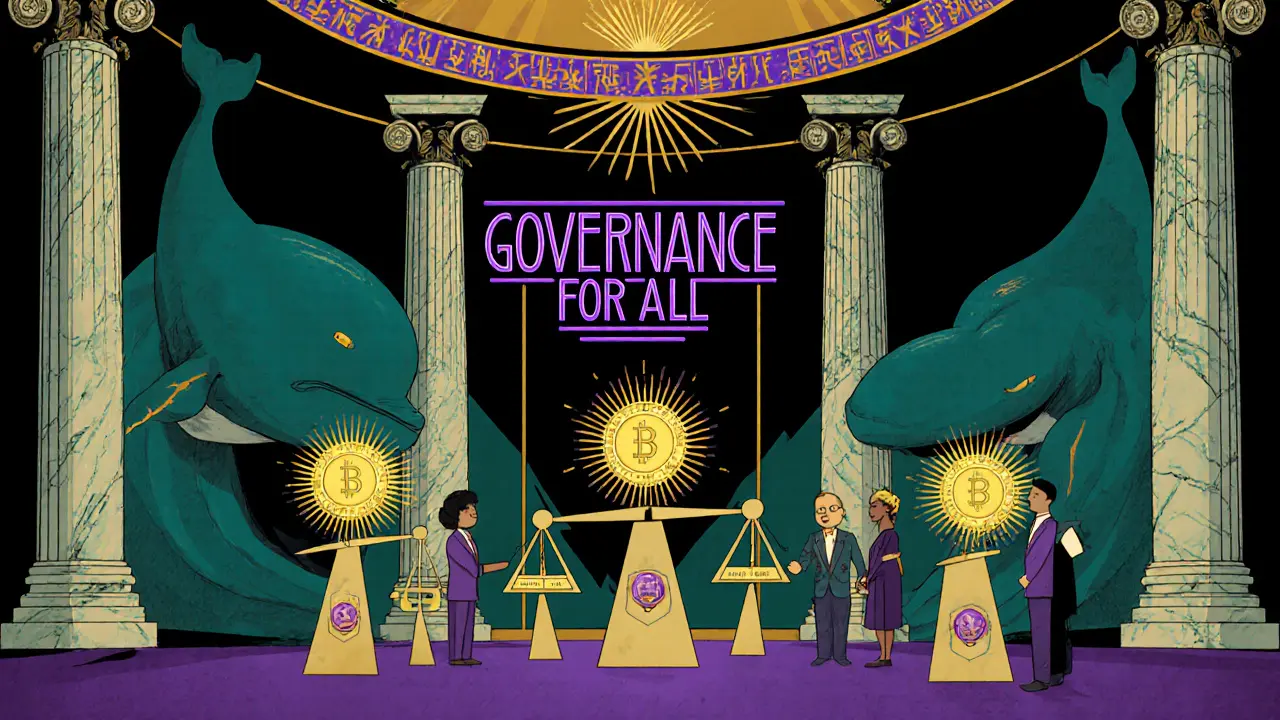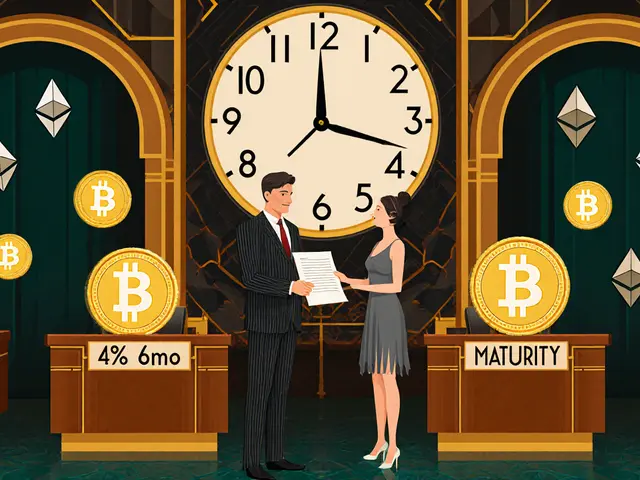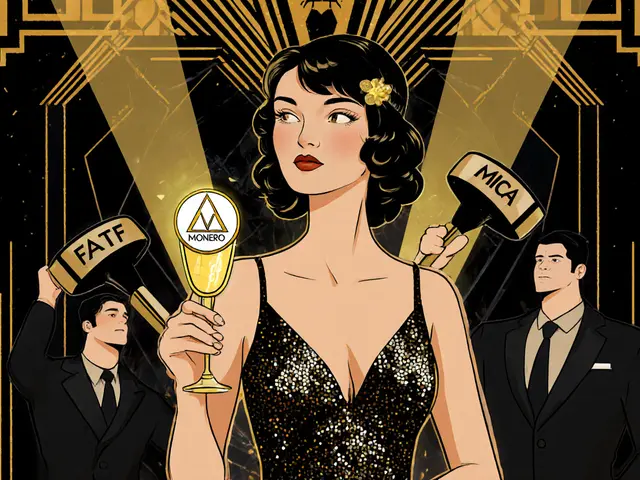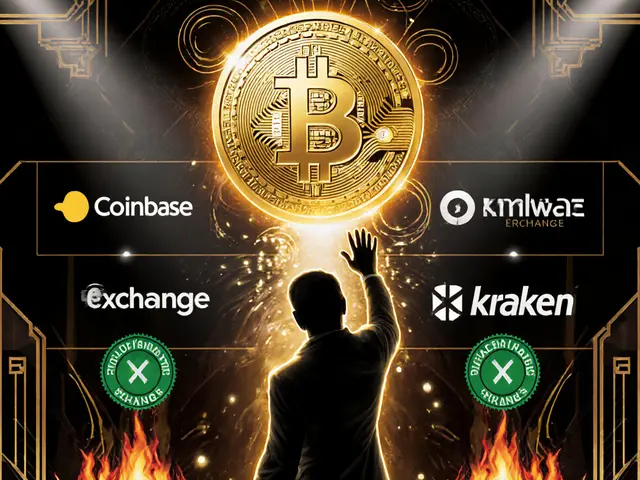AI in DAOs: How Artificial Intelligence Is Changing Decentralized Governance
When we talk about AI in DAOs, the use of artificial intelligence to automate decision-making, voting, and operations within decentralized autonomous organizations. Also known as AI-governed blockchains, it’s not sci-fi—it’s already happening in tools like OraiDEX, where AI gives traders real-time insights on a decentralized exchange. DAOs were meant to be human-run, vote-based systems. But as they grow, managing proposals, detecting fraud, and allocating funds manually becomes impossible. That’s where AI steps in—not to replace members, but to handle the noise so humans can focus on strategy.
AI in DAOs isn’t just about bots voting. It’s about smart contracts, self-executing code on blockchains that trigger actions when conditions are met learning from past votes and suggesting optimal paths. For example, if a DAO keeps rejecting funding for developer pay, an AI might notice the pattern and auto-suggest a revised budget model. It also scans for scams—like fake proposals or sock puppet accounts—something humans miss in large, global communities. Tools like Gelato automate routine tasks like staking or liquidation alerts, turning DAOs from slow-moving assemblies into responsive systems. And when you combine this with account abstraction, a blockchain upgrade that lets wallets act like smart accounts with social recovery and gasless transactions, even non-tech users can participate safely without managing seed phrases.
The real shift? AI is making DAOs scalable. A DAO with 10,000 members can’t all debate every token swap. But an AI can summarize opinions, flag consensus, and even predict outcomes based on historical behavior. That’s why projects like OraiDEX use AI to power their DeFi exchange—because the market moves faster than human votes. But it’s not perfect. AI can be biased if trained on bad data. It can be hacked. And if a DAO hands too much power to an algorithm, it risks becoming centralized again—just with code instead of a CEO. That’s why the best AI in DAOs doesn’t decide—it advises. It doesn’t vote—it highlights. It doesn’t replace you. It makes you better.
Below, you’ll find real-world examples of AI in crypto projects, from automated DeFi exchanges to scams hiding behind fake AI claims. Some tools are powerful. Others are just buzzwords. We cut through the noise so you know what’s real, what’s risky, and what’s just noise.
Future of DAO Governance Models in 2025: How Decentralized Decision-Making Is Evolving
DAO governance is evolving beyond token voting. In 2025, AI, reputation systems, quadratic voting, and cross-chain tools are making decentralized decision-making fairer, more efficient, and more inclusive than ever.





